Can’t sleep? Busy Brain?
Sleep is a problem for many adults. Many experts feel the most beneficial steps to getting a good night’s sleep are to avoid stimulants (such coffee and other caffeinated beverages) in the later afternoon and evening and also to make your bedroom a place of refuge and rest, not a gaming and entertainment center.
CT SCANS: ARE THEY SAFE?
CT scans involve a significant amount of radiation exposure. When used appropriately the radiation risk is minimal and the information obtained from CT scans can be invaluable. However, the indiscriminate use of CT scans for generalized screening programs must be implemented carefully to avoid overexposure to radiation.
Your doctor can help you to decide which CT scans, and other screening programs, are right for you.
My MDVIP Practice
My MDVIP-affiliated practice provides personalized health care in a welcoming setting. I help patients to reach their maximum health potential through a comprehensive annual wellness program and customized wellness plan focused on key elements of health. Unhurried same day or next day appointments are available.
The annual wellness program is comprised of advanced screenings and tests to assess the following areas:
• Heart health
• Sleep
• Weight management
• Diabetes
• Vision
• Emotional wellbeing
• Respiratory health
• Hearing
• Sexual health
• Bone health
• Nutrition & Fitness
Whether you are managing a chronic illness, have a family history of disease or consider yourself the picture of health, being well and feeling your best are always worthwhile goals. This is what the MDVIP Wellness Program is all about—identifying and addressing your unique needs so you can focus on living your best life.
DO SOME BLOOD PRESSURE MEDICATIONS CAUSE CANCER?
The short answer is no, but due to media reports numerous patients have called to ask about this recently.
Increased scrutiny of prescription drugs by the Food and Drug Administration has led to the recall of certain batches of three dugs used for treating blood pressure—irbesartan, valsartan, and losartan. Due a manufacturing error, certain lots of these medications were contaminated with N-nitrosodiethylamine (NDEA), which is a probable human carcinogen. All of the affected drugs have been withdrawn from use and are no longer available.
While NDEA likely can cause cancer, the health risk of having taken the contaminated drugs is probably smaller than that posed by suddenly stopping any of the listed medications. Check with your doctor first before making any decisions about stopping treatments for hypertension.
EXERCISE - are you fit?
The November 12th issue of the Journal of the American Medical Association reviewed the newest physical activity guidelines for Americans. Based on these guidelines, 80% of US adults and adolescents are insufficiently active. Let’s look at the specifics.
Children ages 3 through 5 years should be physically active throughout the day. Children and adolescents ages 6 through 17 years should do at least 60 minutes or more of moderate-to-vigorous physical activity daily. Adults should do at least 150 minutes per week of moderate to vigorous physical activity, on at least 4 days. They should also do muscle-strengthening activities, such as lifting weights, on 2 or more days per week. Examples of moderate activity include walking briskly at 2.5 to 4.0 miles per hour, playing volleyball or raking the yard. Jogging, running, and participating in a strenuous fitness class are examples of vigorous activity
Are you fit? A recent Today Show featuring Dr. Oz reviewed the four-flight stair challenge. This is a simple test to see if you are currently physically fit. Adults should be able to climb four flights of stairs, without stopping, in less than a minute. If you pass the four-flight test then your level of physical activity is likely sufficient. Recent evidence shows that physically fit adults are less likely to have heart disease, have a stroke or develop dementia.
HEPATITIS C
Hepatitis C has been in the news recently due the many commercials and news stories recommending testing for this disease.
Hepatitis C virus (HCV) causes the only chronic viral disease that is consistently curable with medication. Many patients infected with HCV may be symptom-free and unaware of their condition for years. As a result, despite effective treatments, the number of newly-diagnosed HCV cases is increasing in the United States. At particular risk are Baby Boomers born between 1945 and 1965, who have a 1 out of 30 chance of being infected. Of those who test positive for HCV, 80% will develop chronic infection (and therefore may be contagious) and 10-20% will develop potentially fatal cirrhosis of the liver.
While in the past HCV treatments were often ineffective and fraught with side effects, twelve weeks of treatment with new antiviral tablets can achieve a cure in 90% or more of HCV cases, and may reverse liver damage and even cirrhosis, without producing side effects.
If you were born between 1945 and 1965, contact your medical professional to arrange testing, and, if needed, treatment.
